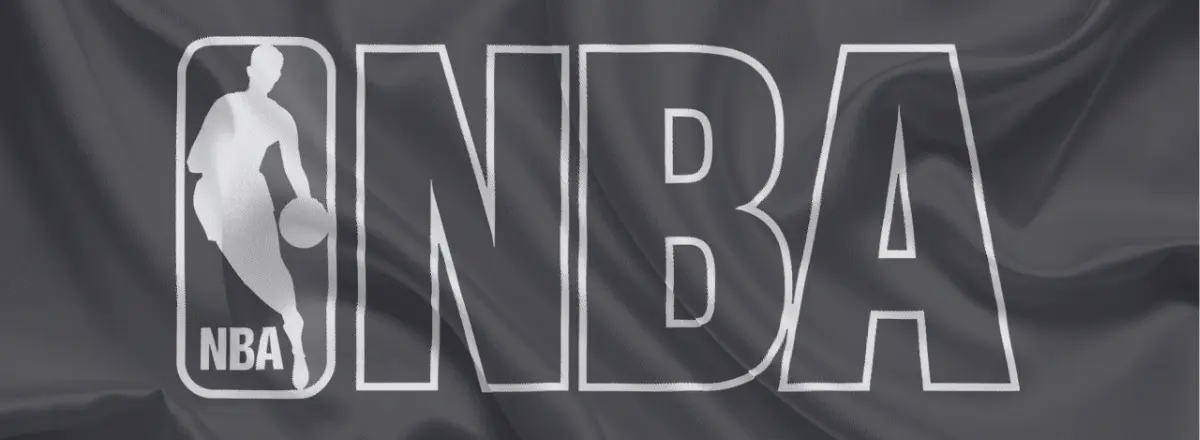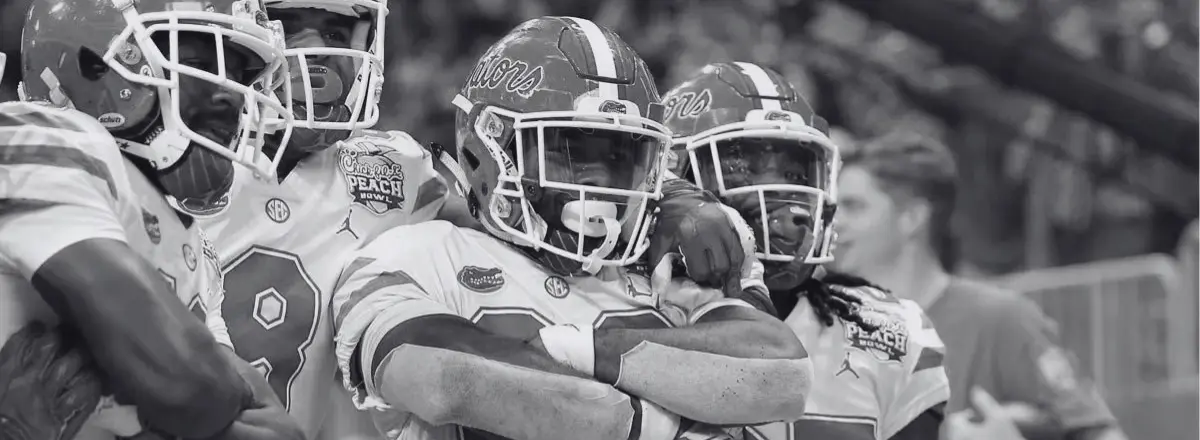The newest Florida sports betting lawsuit could be headed for a major twist—in the form of an early dismissal.
Earlier this year, Protect the Constitution LLC. filed a motion aimed at shutting down online sports betting in Florida. They argue that the current gaming compact between The Sunshine State and the Seminole Tribe violates a constitutional amendment and requires voter approval to remain operational.
Both the state of Florida and the Seminoles have already been here before. A previous lawsuit spearheaded by West Flagler Associates essentially made the same argument. While the motion wound up freezing sports betting operations for over a year, it invariably fizzled out after extensive battle. The two sides reached quid pro quo after it became clear the Supreme Court of the United States would not be taking up the case.
If the state’s response to Protect the Constitution is successful, this most recent contestment may not ever get off the ground.
State Officials Argue That Florida Sports Betting Does Not Equal Casino Gambling
The most frequently mentioned section of the Florida constitution throughout these proceedings remains Article X, Section 30, which is also known as Amendment 3. Language within it clearly states voter approval is required to expand gambling services. However, as Alan Wilmot of Legal Sports Report writes, the state believes this only refers to casino gambling:
“In response, Florida’s motion states that the complaint should be dismissed for a number of reasons, including Protect the Constitution’s failure to state claim ‘because the Legislature lawfully implemented the online-sports-betting portions of the compact,’ and that such provisions do not require enforcement of the citizen-initiative requirement ‘because sports betting is not ‘casino gambling’ within the meaning of Section 30.’
“The function of a motion to dismiss is to test the legal sufficiency of a complaint. When reviewing the motion, the court is required to accept the complaint’s allegations as true and all reasonable inferences therefrom must be construed in favor of the nonmoving party. However, conclusory allegations (i.e. statements unsupported by fact) will not be accepted and all reasonable doubts regarding a statute’s validity are to be resolved in favor of constitutionality. Furthermore, in determining the meaning of a statute, courts must follow the ‘supremacy-of-text principle,’ which requires that words or phrases in a statute be construed in accordance with their common and ordinary meaning.”
All of this amounts to “Officials believe Amendment 3 doesn’t apply to Florida sports betting.” The motion also suggests the state isn’t necessarily expecting to get the lawsuit thrown out. Sure, that is the ultimate goal. But this is primarily a move aimed at gauging how courts will view Protect the Constitution’s argument.
Protect the Constitution Maintains Their Lawsuit is Valid
To that end, Protect the Constitution argues that Amendment 3 does, in fact, apply to sports betting. As Wilmot notes, they believe that “ordinary public meaning of casino gambling includes sports betting.”
This feels pretty flimsy at first glance. After all, online sports betting in the United States isn’t predominantly offered through digital casinos. Yes, it can be. But online sportsbooks in the USA typically separate their casino offerings from their sports wagering practices. The crossover actually occurs at brick-and-mortar locations. They are almost always located somewhere inside casinos.
The Seminole Tribe’s setup is no different. They provided Florida sports betting services at their casino locations. But their Florida online sports betting app is run in partnership with Hard Rock Bet and is its own separate entity. Residents cannot place wagers on table games or slot machines from that specific app.
On the flip side, though, Protect the Constitution can point out that the Seminole Tribe’s primary business is casino operations. What’s more, the servers running the Florida sports betting app are located on tribal property. If that property ends up being inside the casino, that could come back to bite them.
Remember, the Seminoles pretty much used the reverse argument to expand their Florida online sports betting offerings. They maintain that the app is an extension of tribal property, because that’s where the servers running them are located.
Will Anything Come of the Latest Florida Sports Betting Lawsuit?
It seems as if it’s too early to answer this question. Florida’s motion to dismiss the case isn’t even too months old. These issues also tend to get tied up in the slow-moving cogs of the United States’ litigious machine.
Still, experts and insiders throughout the industry have their eyes lasered in on the inevitable outcome. Many believe this will be a make-or-break ruling for Florida sports betting online.
If the state emerges unscathed, again, most think this will be the last time the use of Florida online sports betting apps will be challenged. The Seminoles, in turn, will be free to offer online sports betting to anyone located inside the state free from the threat of litigation.
On the other hand, if Protect the Constitution succeeds where West Flagler Associates previously failed, the landscape of Florida sports betting will change. No, chances are it will not shudder entirely. But there is a chance in-person wagering will become the exclusive standard.
The extent to which this is likely remains to be seen. Many don’t see it panning out this way. We just can’t know for sure until this latest legal battle actually plays out.
Take a look at this list of the top online sportsbooks so you can find one that works for all of your sports betting needs:
-
EXCLUSIVE BONUS
 50% bonus up to $250Play Now
50% bonus up to $250Play NowT&C apply, 18+, Play responsibly
-
EXCLUSIVE BONUS
 125% up to $1,250Play Now
125% up to $1,250Play NowT&C apply, 18+, Play responsibly
-
EXCLUSIVE BONUS
 225% up to $3,625Play Now
225% up to $3,625Play NowT&C apply, 18+, Play responsibly
-
 50% bonus up to $250Play Now
50% bonus up to $250Play NowT&C apply, 18+, Play responsibly
-
 125% up to $2,500Play Now
125% up to $2,500Play NowT&C apply, 18+, Play responsibly












